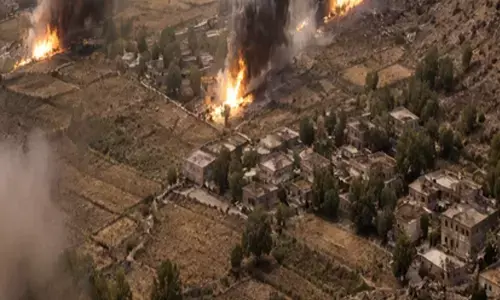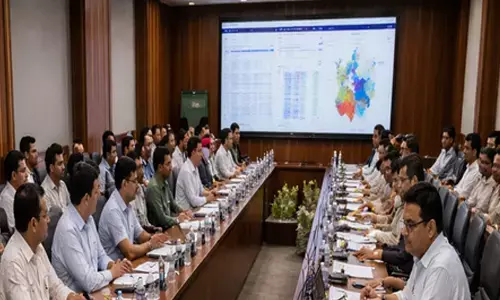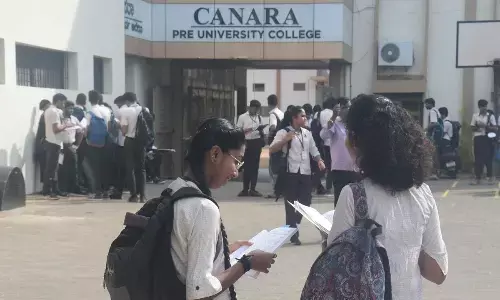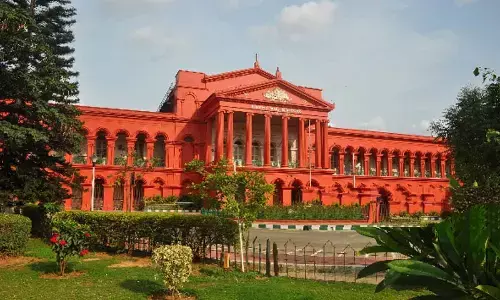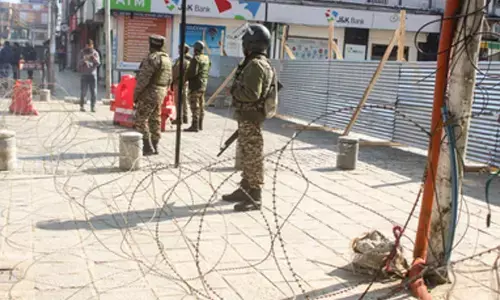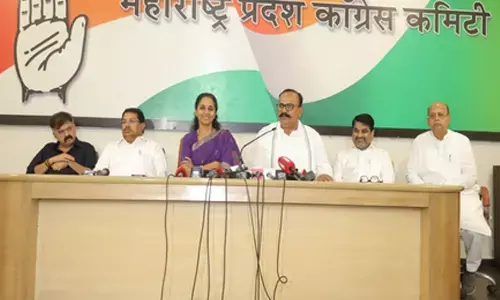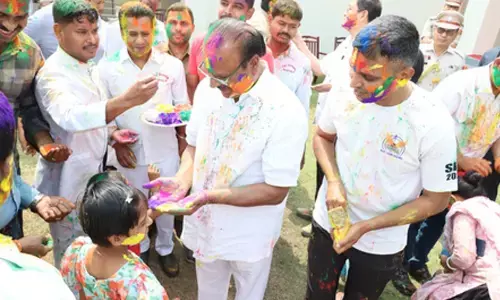Animal Cruelty: Slavery or tradition?
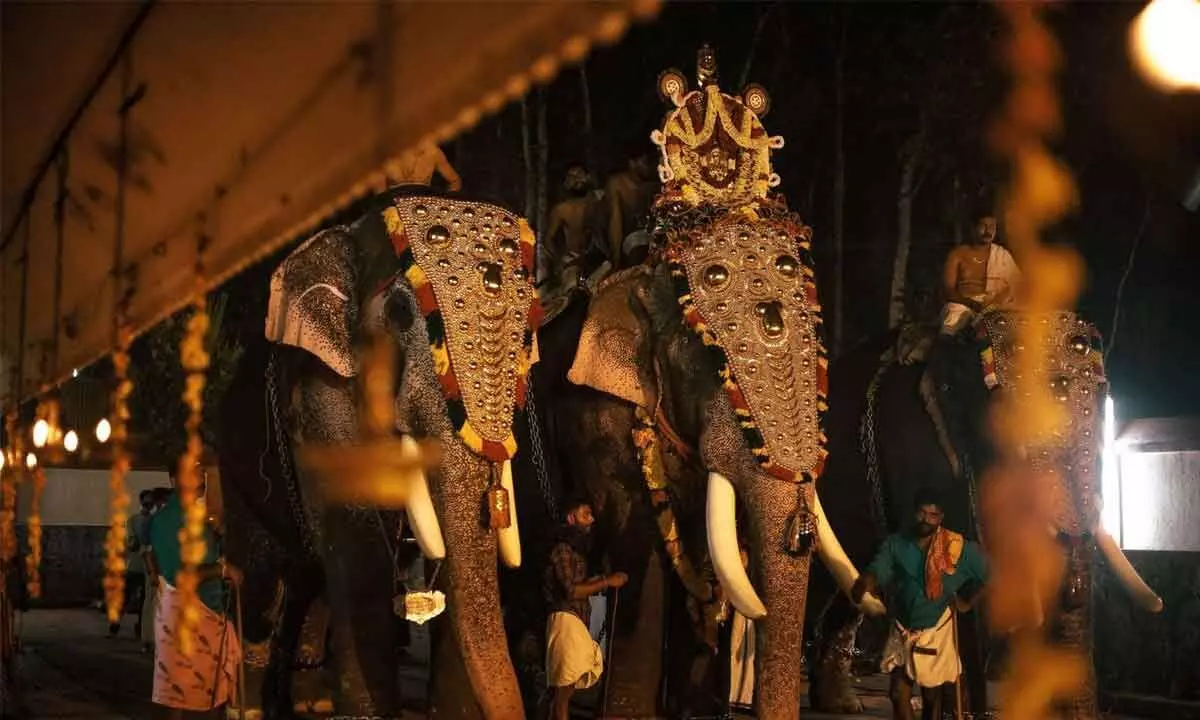
India has been witnessing a spike in animal cruelty cases.
India has been witnessing a spike in animal cruelty cases. Additionally, everyone is aware of the fact that animals are trapped in slavery merely because their owners give them food and water to survive. The lives and rights of these creatures have been severely harmed by a number of customs and necessities that humans developed in earlier times. However, without the presence of these animals, many practises are incomplete.
While some folks believe that events like the Char Dham Yathra in Uttarakhand, Kambala in Karnataka, temple festivals in Kerala, Jallikattu in Tamil Nadu, and many others have reduced these helpless animals to nothing more than human pawns, others think they are significant cultural practises because they are long-standing customs that serve religious purposes.
Kambala in Karnataka
Kambala is one of the popular festivals celebrated in the coastal region of Karnataka. It is a traditional buffalo race and a popular sport among the farming community of the state. This wide-known festival begins in November and lasts till March.
"Two parallel racetracks that are partially submerged in slushy water are used to host the contest. For the competitive race, the buffaloes are raised, nourished, and trained. During the competition, the animals are typically raced in pairs while being secured by ropes and ploughs," said Praveen Hegde, a resident of Udupi.
"Humans love animals, similarly animals also love humans. Due to god's wishes, Kambala takes place in our culture as we haven't left the traditional values and we also consider it as a hobby. The festival is dedicated to Lord Kadri Manjunatha, an incarnation of Lord Shiva," he added.
However, a petition against animal cruelty was submitted to the Supreme Court in 2014 after the subject of animal cruelty had been brought up by numerous animal activists. In November of the same year, the SC issued a decision outlawing Kambala.
Kambala was once again made legal in 2017, under the Prevention of Cruelty to Animals (Karnataka Amendment) Bill because it was a traditional sport. However, SC issued instructions and urged that participants refrain from using whiplash against the buffaloes.
According to the PETA's investigation into the events held in Moodabidri, Baradi Beedu near Udupi, Mangaluru, and Thiruvail, "Reluctant, scared bull buffaloes were whacked repeatedly with bare hands, slapped in the face, kicked, poked, and hit with wooden sticks, dragged to the starting point by groups of five or six people, and shouted at."
As reported by PETA, animals who were obviously in agonising pain tried to lick their nostrils to make them feel better. Although Kambala organisers claimed that only wooden sticks covered in foam or fibre would be used to strike buffaloes during Kamabla season, the animals were actually attacked with uncoated sticks, according to PETA.
Char Dham Yatra in Uttarakhand
On June 8, the Uttarakhand High Court heard a public interest litigation (PIL) about the mistreatment and overburdening of equines (horses, mules, ponies, and donkeys) during the ongoing Chardham yatra, a well-known pilgrimage consisting of four places.
According to the petition, which was submitted by animal rights activist Gauri Maulekhi of Dehradun, around 20,000 enquines are employed to transport pilgrims and supplies along different pilgrimage routes. According to reports, 600 horses have died due to mistreatment in the past two months on the Kedarnath track alone since the yatra's planning started this year. The plea also claimed that there are no restrictions on the animals' working hours or daily driving distances, and neither are illnesses or injuries taken into account.
Along the entire path, there is "no infrastructure or people for veterinary treatment at any stage." It also noted that the town of Rudraprayag, which is 25 kilometres away, is home to the closest equine veterinary facility on the Kedarnath route. The petition also stated that many equines have died due to sheer exhaustion from carrying more weight than they can, disease, lack of veterinary care, injuries, lack of food and water, and colic from drinking cold water available at "such high altitudes." Additionally, "no shed or shelter is available" anywhere to guard the animals during "landslides, hail, snow, or inclement weather."
"The plight of the senior citizens is understandable nevertheless, as the technology has improved today, different methods can be adopted to go by these routes. Many animals suffer from various health issues due to this," said Lakshmi Krishnamurthy, who had participated in the pilgrimage during June.
Following the petition, the Uttarakhand HC urged the state government to issue guidelines to take care and regulate the use of enquines on such routes.
Temple festivals in Kerala
Every year on "Pooram" day, the day when the moon rises with the Pooram star in the Malayalam Calendar month of Medam, Thrissur Pooram which is one of the most popular temple festivals in Kerala, is celebrated at the Vadakkunnathan Temple in Thrissur. Many such temple festivals which are undoubtedly exotic take place in Kerala.
"The annual ceremonies of each temple include the festivals. They frequently serve as a tribute to the local deity who rules the area. Depending on the temple god, each festival has a unique set of traditions and mythology attached to it. However, the majority revolve on the god being worshipped in the presence of elephants. In Kerala, people donate elephants to the vast majority of Hindu temples," said Ajanya Prakasan, a resident of Wayanad.
"During the procession, they compel the elephants which are otherwise tied up in shackels, to walk for miles together in order to cover the entire town. I witnessed tears rolling down an elephant's eye as it couldn't walk any further. Although they provide food for these animals, what goes on during such occasions still amounts to animal cruelty. Since it is a part of the tradition, many temples cannot let go of this easily," she added.
The People for the Ethical Treatment of Animals had previously claimed that the findings of its investigation showed that elephants were paraded while bearing open wounds, painful abscesses, brittle nails, impaired vision, and stiffness. According to the animal rights organisation, there were numerous locations when drinking water was not available, and some elephants were made to walk and stand on a hot tar road without any shade.
Although the elephants are still being used during these festivals, a temple in Kerala, the Nalapathenneeswaram Sree Mahadeva Temple in Alleppey district has chosen to replace its live elephants with wooden ones for its celebrations.




